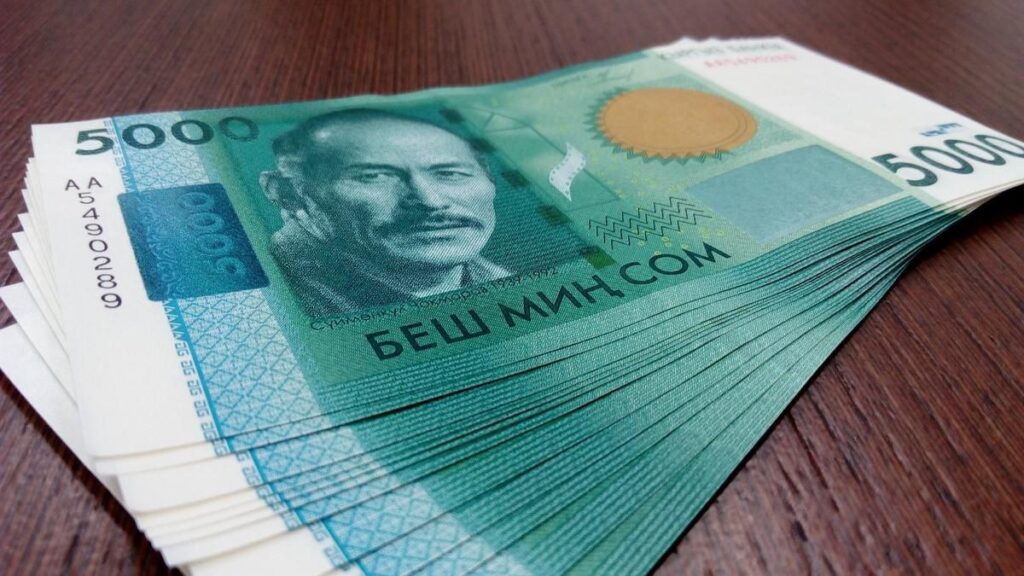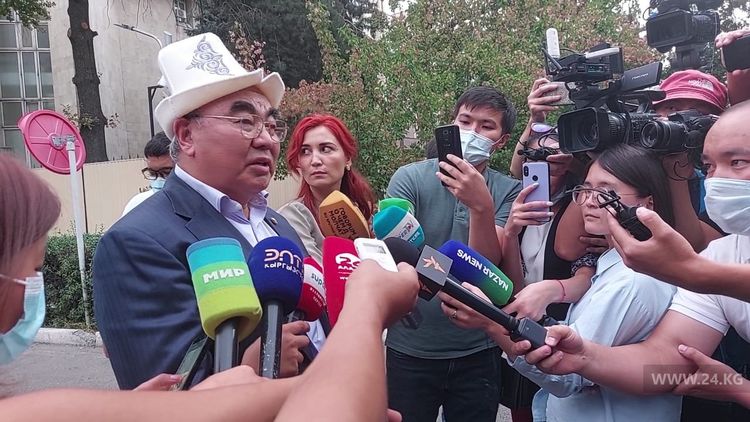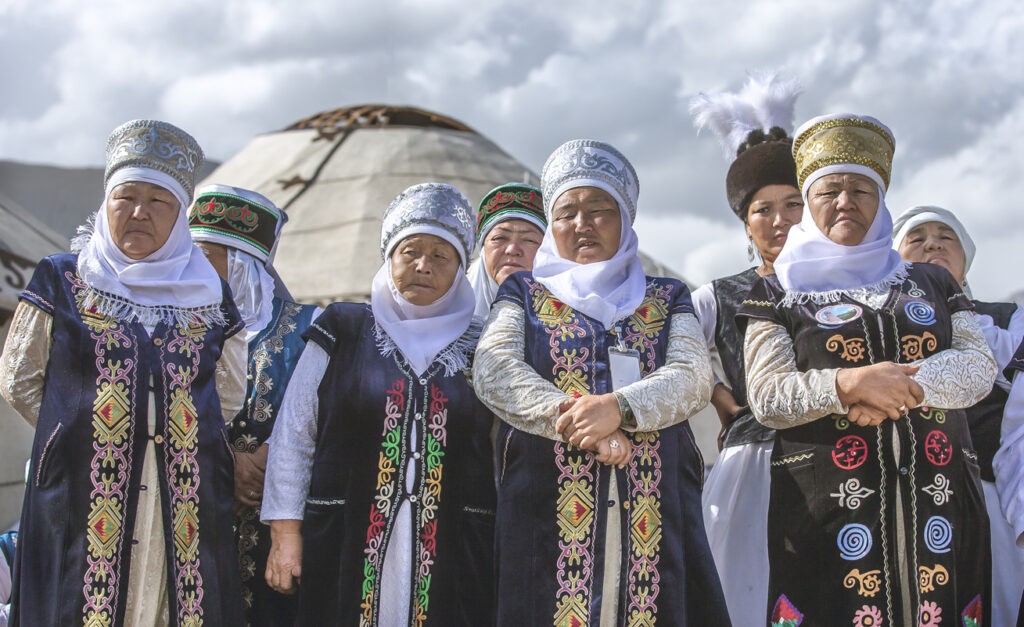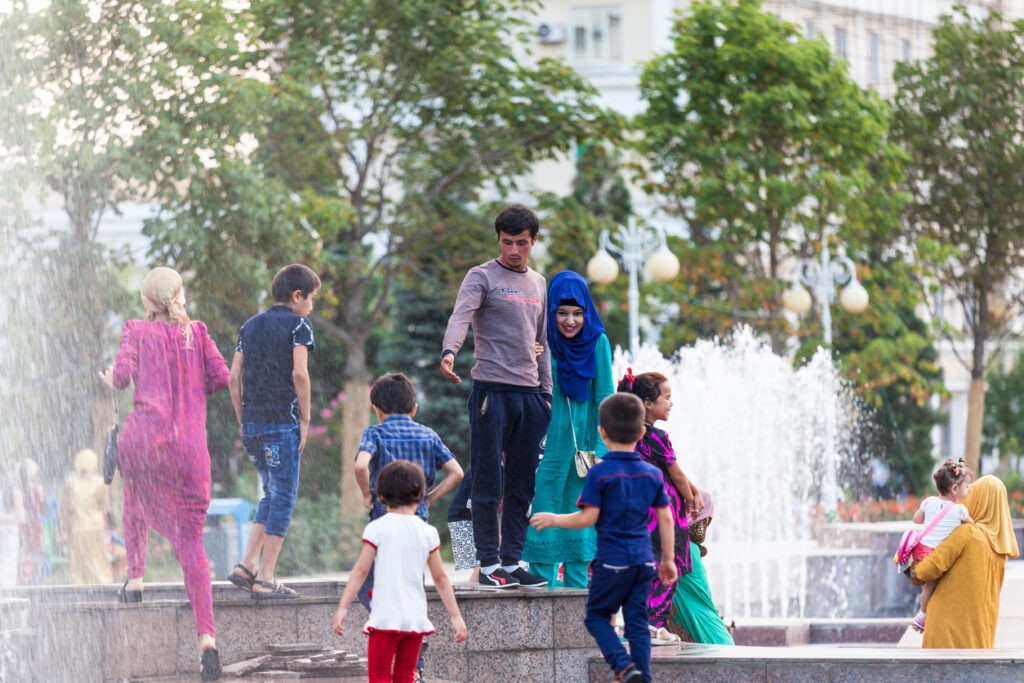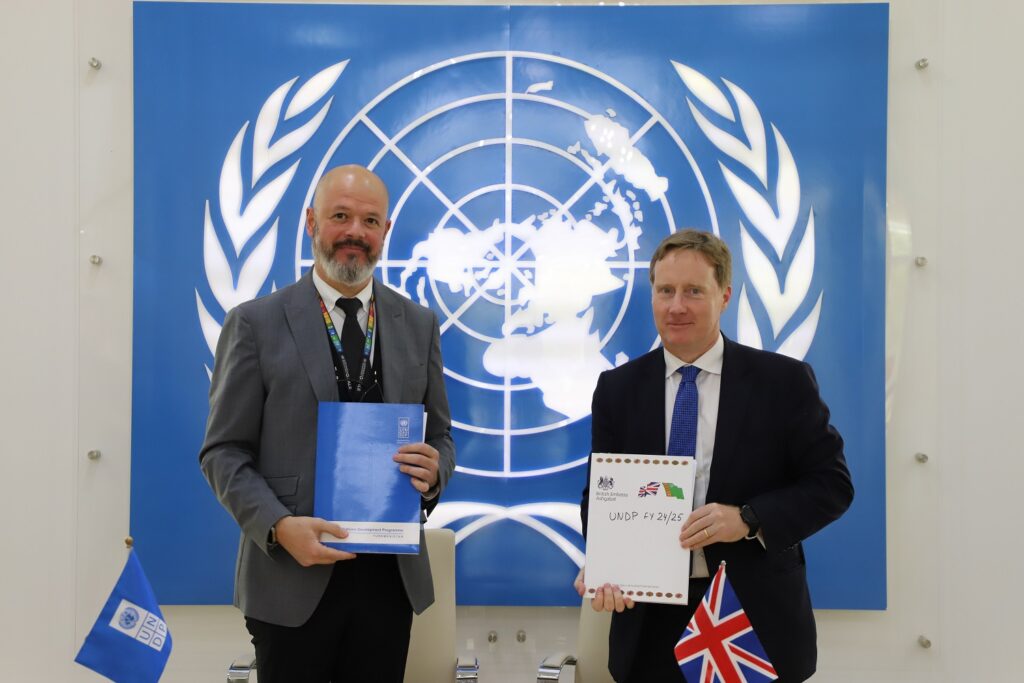Kyrgyzstan's first president, Askar Akayev, has sent a letter to the country's parliament (Jogurku Kenesh) asking for his status as a former leader of the republic to be restored. Having served as president from 1991 until 2005, this title was removed from Akayev in 2010. According to law, the status of former president gives a citizen several social and legal guarantees. The ex-president is granted state protection on the republic's territory, a state dacha for life, and a monthly allowance equal to three-quarters of the Kyrgyz president's salary. The head of the country's parliamentary committee on constitutional legislation, Cholpon Sultanbekova, has said that Akayev's appeal had already sparked discussions in society. According to Sultanbekova, Akayev wrote a letter on July 30 to the speaker of the Jogorku Kenesh, but only now has the letter been sent to the deputies for consideration. “The issue will not be immediately put on the agenda. First, it will be considered by the factions and deputies. It will be put on the agenda only after that,” Sultanbekova said. On March 24, 2005, after the coup d'état (Tulip Revolution), Akayev fled to Moscow, fearing for his life. In 2010, after the April Revolution, when Kyrgyzstan's second president, Kurmanbek Bakiyev, was overthrown, Akayev was stripped of his presidential status by a decree of the interim government. Edil Baisalov, deputy head of Kyrgyzstan's cabinet of ministers, has commented that Akayev has ex-presidential status from a legal standpoint. “There is no doubt that Askar Akayev continues to possess the title of ex-president of the Kyrgyz Republic. If anyone wants to deprive him of this status, there should be a full impeachment procedure, which so far has only taken place against Atambayev in 2019 (the third President of Kyrgyzstan),” Baisalov wrote. Kyrgyzstan's current president, Sadyr Japarov, also spoke out about the matter. He noted that he had not discussed the issue with Akayev. “This is a matter for the parliament. How the Jogorku Kenesh will decide whether it will or will not give its consent is the legal right of the parliament. Whether to deprive the status of 'ex' or to restore it is also decided by parliament. Of course, there were many negatives during Akayev's rule. But along with that, there were positive moments in the years when the country gained independence,” the president said. Japarov said Askar Akayev could make such a request to parliament, unlike other fugitive presidents, Bakeev and Atambayev, who have criminal cases pending in Kyrgyzstan. “There were human casualties in the cases of Atambayev and Bakiyev. Therefore, I think it is wrong if the parliament restores them to the status of ex-president,” Japarov said.
